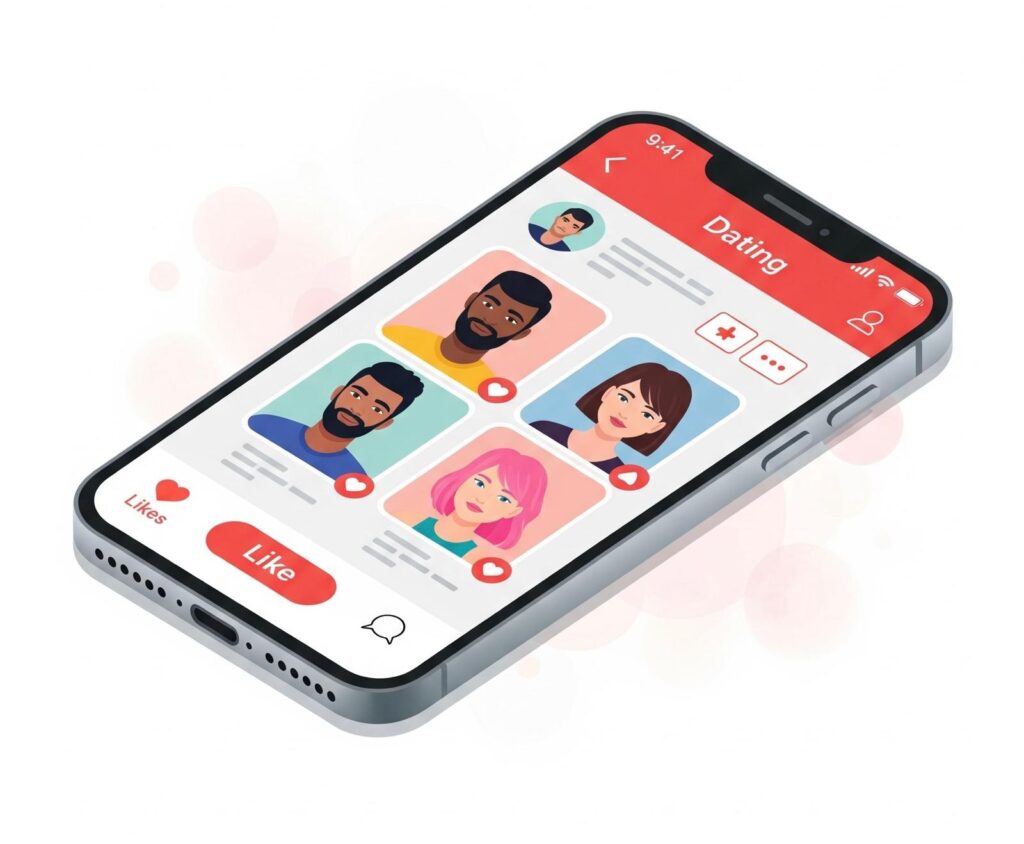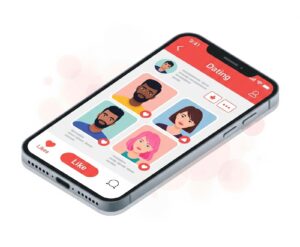Couples therapy, a form of psychotherapy, aims to improve romantic relationships by resolving conflicts, fostering communication, and building a stronger connection between partners. Utilising various therapeutic techniques, this approach addresses the unique challenges couples face, offering a pathway to understanding, healing, and growth within the relationship. Drawing from scientific research, this article delves into the effectiveness, methodologies, and benefits of couples therapy.
The Effectiveness of Couples Therapy
Research has consistently supported the efficacy of couples therapy in resolving relationship issues and improving satisfaction. According to a study by Lebow, Chambers, Christensen, and Johnson (2012) in the Journal of Marital and Family Therapy, couples therapy shows significant positive effects across different types of interventions and diverse populations. Emotionally Focused Therapy (EFT), Cognitive Behavioral Therapy (CBT), and the Gottman Method are among the most researched and effective approaches in enhancing relational dynamics and individual well-being.
Key Approaches in Couples Therapy
- Emotionally Focused Therapy (EFT): EFT, developed by Johnson and Greenberg in the 1980s, focuses on building and strengthening the emotional bond between partners by addressing patterns of attachment and emotional responses. Studies, including Johnson, Hunsley, Greenberg, and Schindler (1999) in the Journal of Clinical Psychology, have highlighted EFT’s success in fostering secure attachments and improving relationship satisfaction.
- Cognitive Behavioral Therapy (CBT): CBT for couples emphasises identifying and modifying negative thought patterns and behaviors that contribute to relationship difficulties. Epstein and Baucom (2002) in Behavior Therapy demonstrated that CBT effectively reduces relationship distress by improving communication, problem-solving skills, and emotional regulation.
- The Gottman Method: Developed by Drs. John and Julie Gottman, this method is grounded in the Sound Relationship House Theory, focusing on conflict management, fostering admiration and fondness, and creating shared meaning. Research by Gottman and Levenson (2000) in the Journal of Marriage and Family validated the approach’s effectiveness in predicting relationship success and its application in therapy.
Benefits of Couples Therapy
- Improved Communication: One of the primary benefits of couples therapy is the enhancement of communication skills, enabling partners to express their needs, listen actively, and respond empathetically.
- Conflict Resolution: Therapy provides strategies for managing and resolving conflicts in a healthy manner, preventing destructive patterns such as criticism, defensiveness, and withdrawal.
- Strengthened Connection: By addressing underlying emotional needs and attachment issues, couples therapy strengthens the emotional bond between partners, enhancing intimacy and trust.
- Personal Growth: Individuals often experience personal growth through couples therapy, gaining insights into their behaviors, emotional needs, and how they relate to others.
Conclusion
Couples therapy offers a valuable avenue for couples to address relationship challenges, improve their connection, and foster lasting intimacy and satisfaction. Through the guidance of evidence-based approaches, couples can navigate the complexities of their relationship, achieving greater understanding, resilience, and fulfillment.
References
- Lebow, J., Chambers, A., Christensen, A., & Johnson, S. M. (2012). Research on the treatment of couple distress. Journal of Marital and Family Therapy.
- Johnson, S. M., Hunsley, J., Greenberg, L., & Schindler, D. (1999). Emotionally focused couples therapy: Status and challenges. Journal of Clinical Psychology.
- Epstein, N. B., & Baucom, D. H. (2002). Enhanced cognitive-behavioral therapy for couples: A contextual approach. Behavior Therapy.
- Gottman, J. M., & Levenson, R. W. (2000). The timing of divorce: Predicting when a couple will divorce over a 14-year period. Journal of Marriage and Family.
How to get in touch
If you or your patient/NDIS clients need immediate mental healthcare assistance, feel free to get in contact with us on 1800 NEAR ME – admin@therapynearme.com.au.
Discover more from Therapy Near Me
Subscribe to get the latest posts sent to your email.






